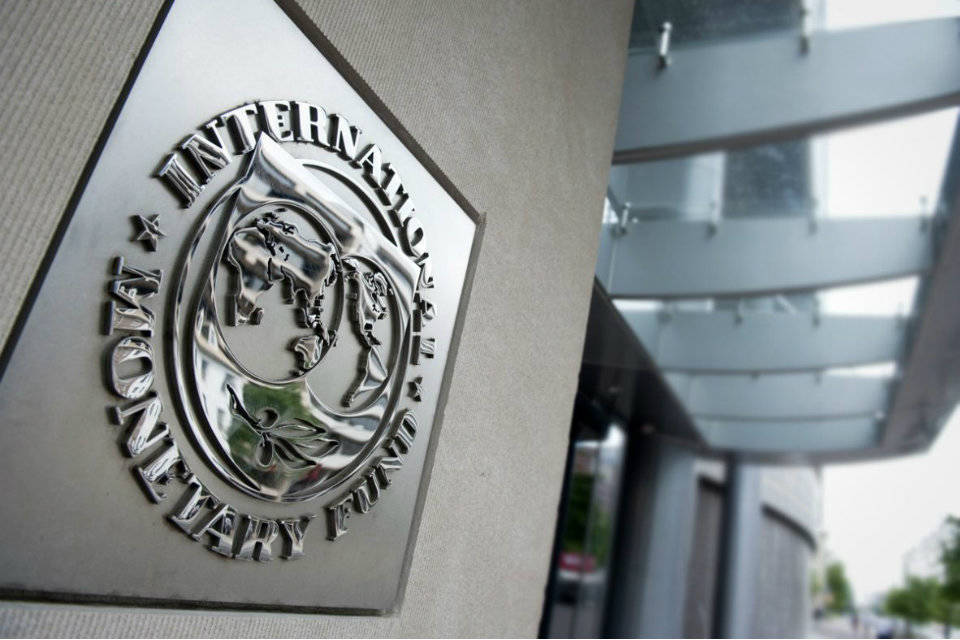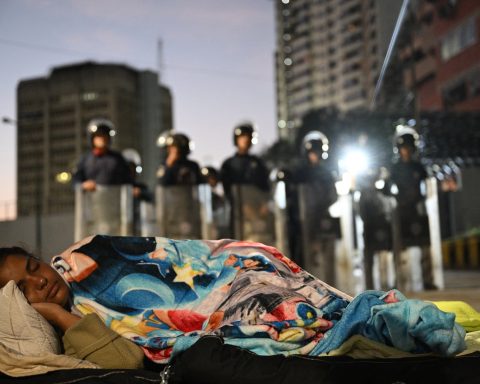Large flows of legal migrants and refugees can aggravate social tensions, but implement restrictive policies could limit the productivity of countries, warns the International Monetary Fund
“The implementation of restrictive policies in migrants and refugees can frustrate in some cases a valuable opportunity to boost productivity, while displacing the burden of congestion to other areas,” says the International Monetary Fund (IMF) in a preview of its global economic perspective report.
The chapter examines how the policies of an economy to manage the legal influx of migrants and refugees can have an impact on other economies of destination, transit and origin, indicates the note published in the Middle DW.
More restrictive policies in a jurisdiction that deter 20% of the flows can increase the influx towards others by 10% in five years and production in an average economy that receives those additional entries can increase 0.2% on the same temporal horizon, according to their conclusions.
*Also read: a federal judge prevents revoking the legal status of half a million immigrants in the US
The effects on productivity can be greater if the skills of migrants and refugees complement those of the natives.
“In emerging and developing market economies, the benefits derived from a better integration of refugees can be particularly high,” emphasizes the macroeconomic organization.
According to their calculations, the world population of legal migrants and refugees reached 2024 at 304 million, 3.7 % of the population of the entire planet and almost double the 1995 figure.
The Global Economic Perspectives Report will be published complete within the framework of the FMI spring meetings and the World Bank (BM), which will be held from April 21 to 26 in Washington DC, where the headquarters of both institutions are.
Read the full note in DW
*Journalism in Venezuela is exercised in a hostile environment for the press with dozens of legal instruments arranged for the punishment of the word, especially the laws “against hatred”, “against fascism” and “against blockade.” This content is being published taking into account the threats and limits that, consequently, have been imposed on the dissemination of information from within the country.
Post views: 90

















